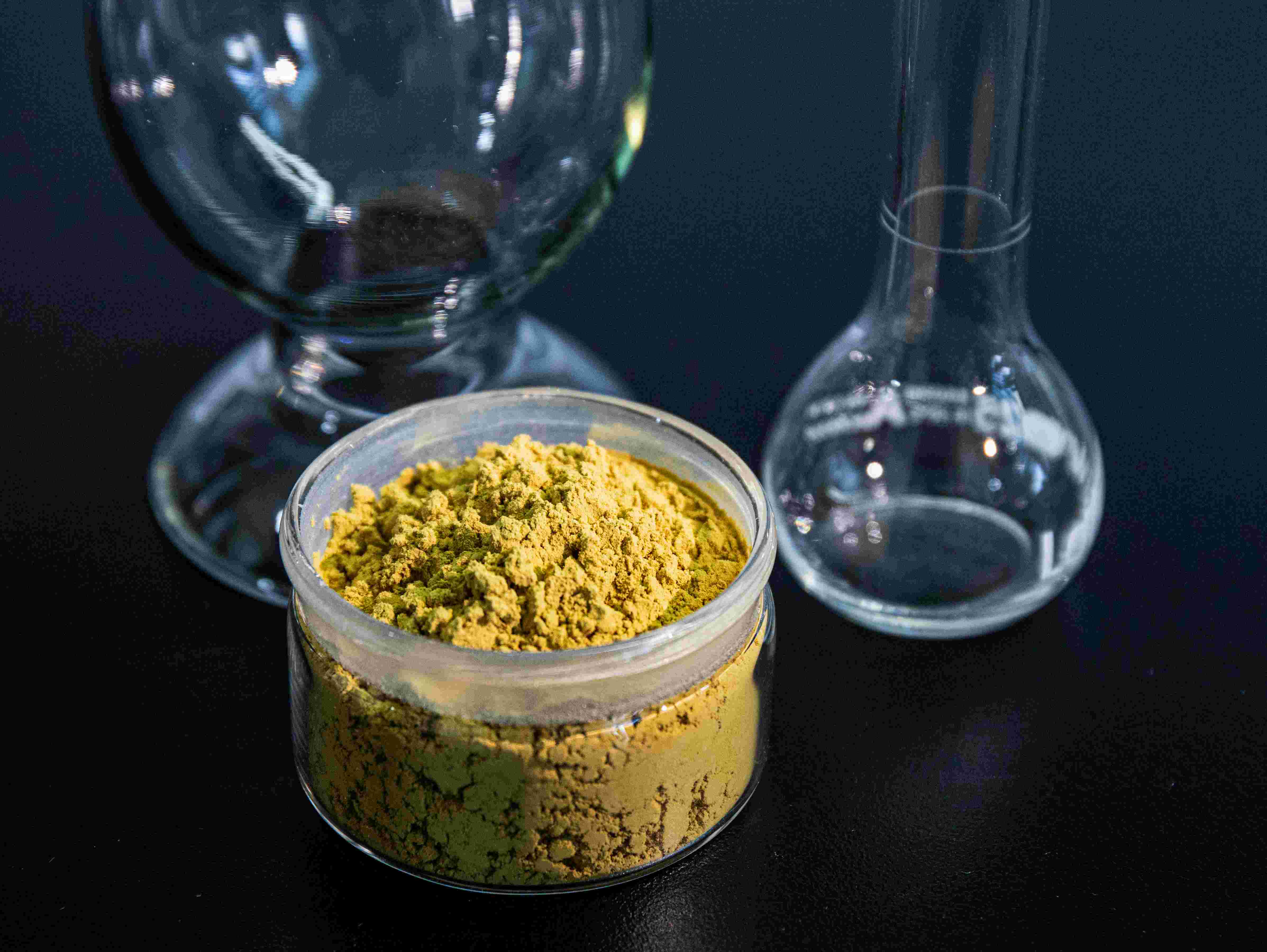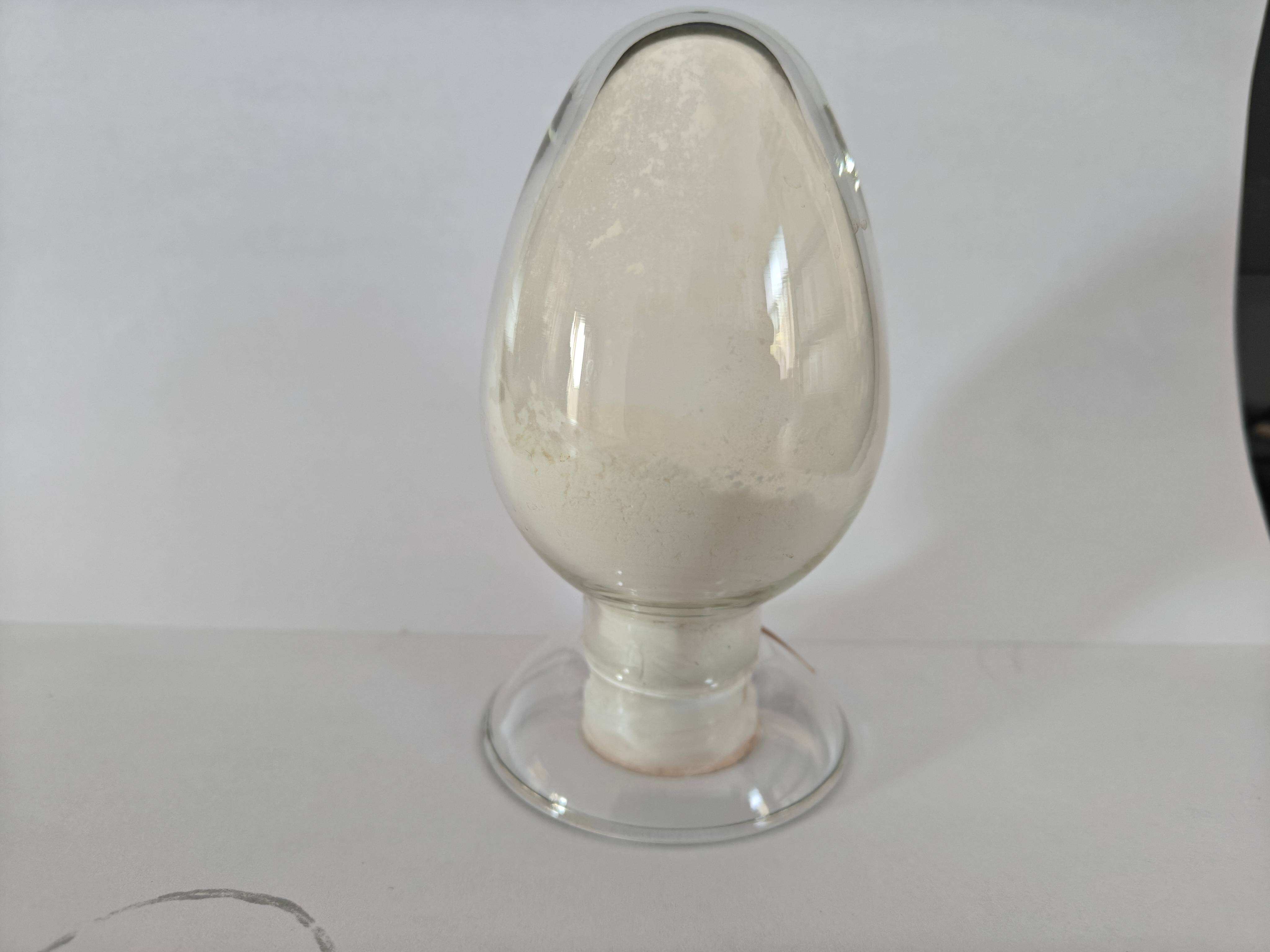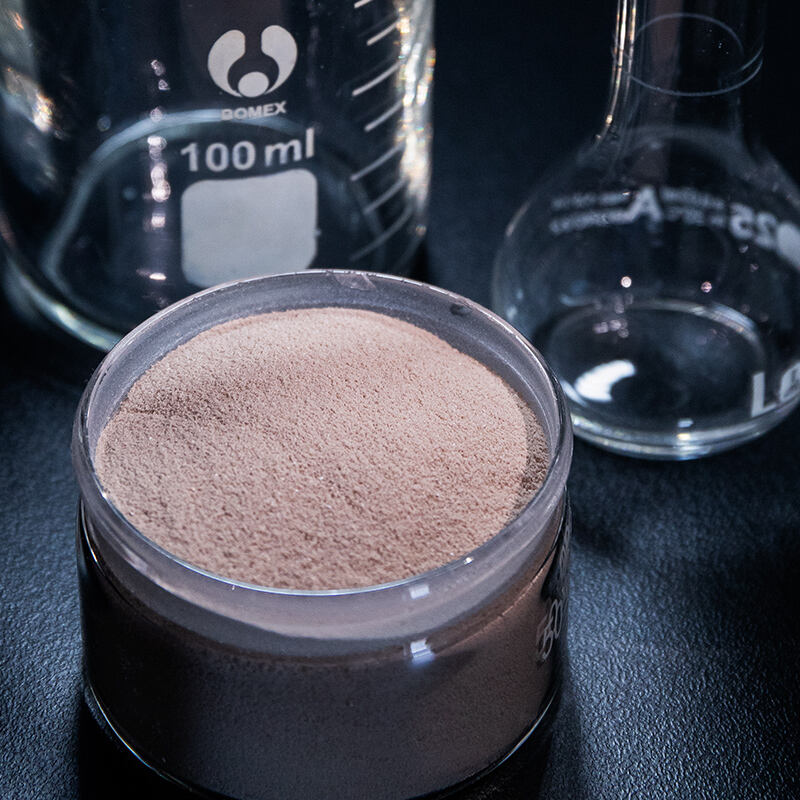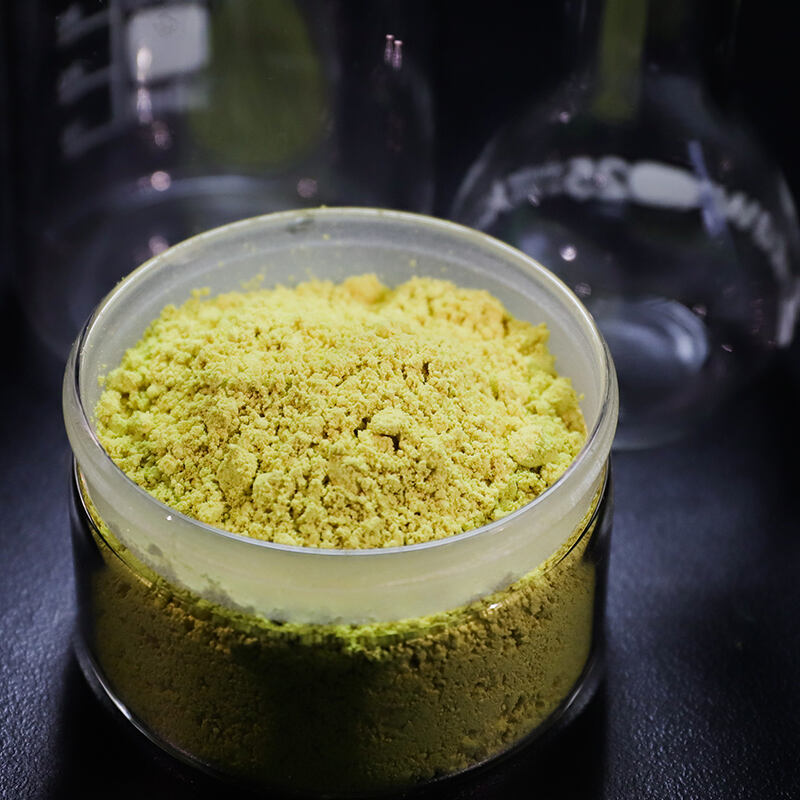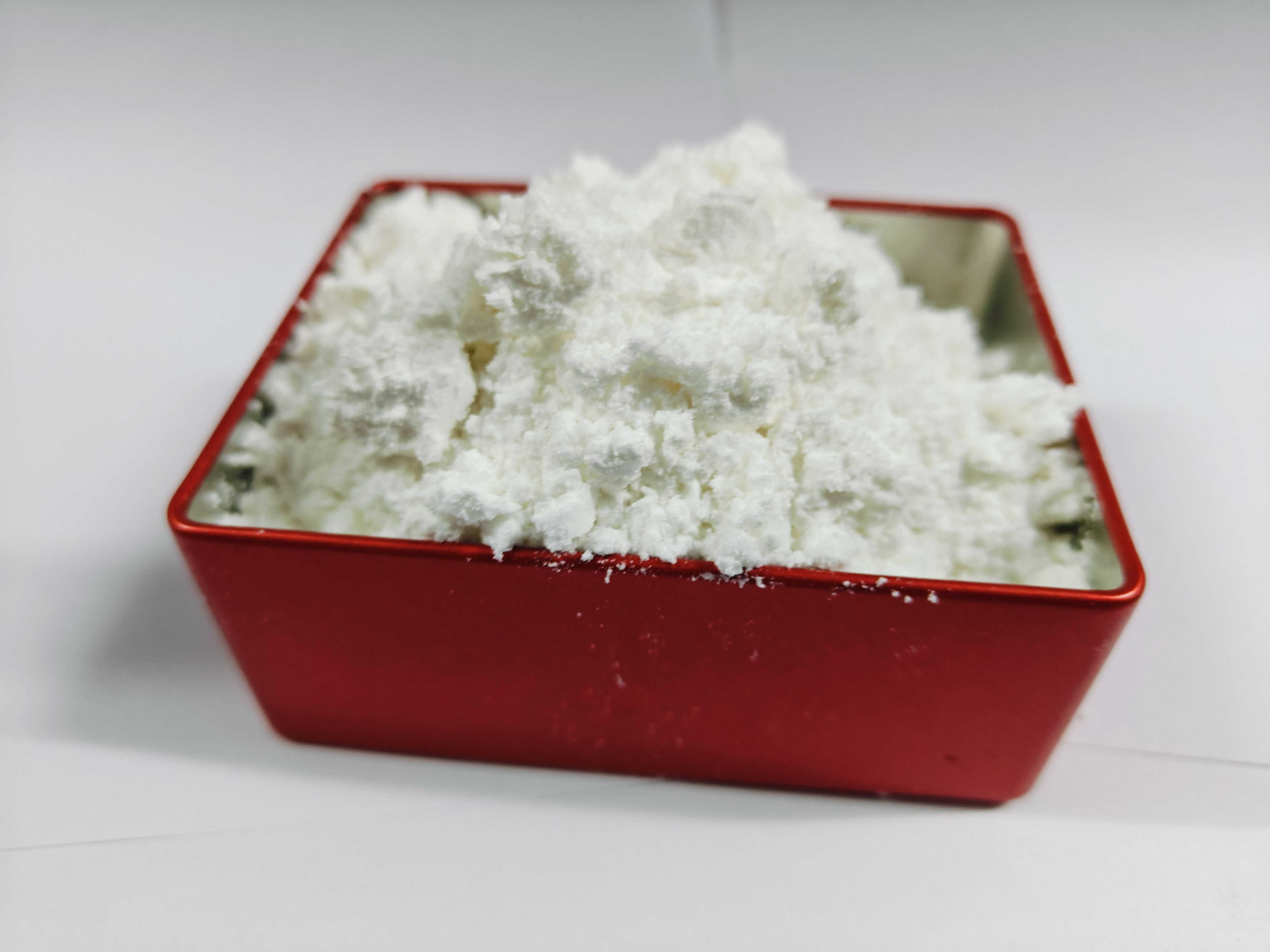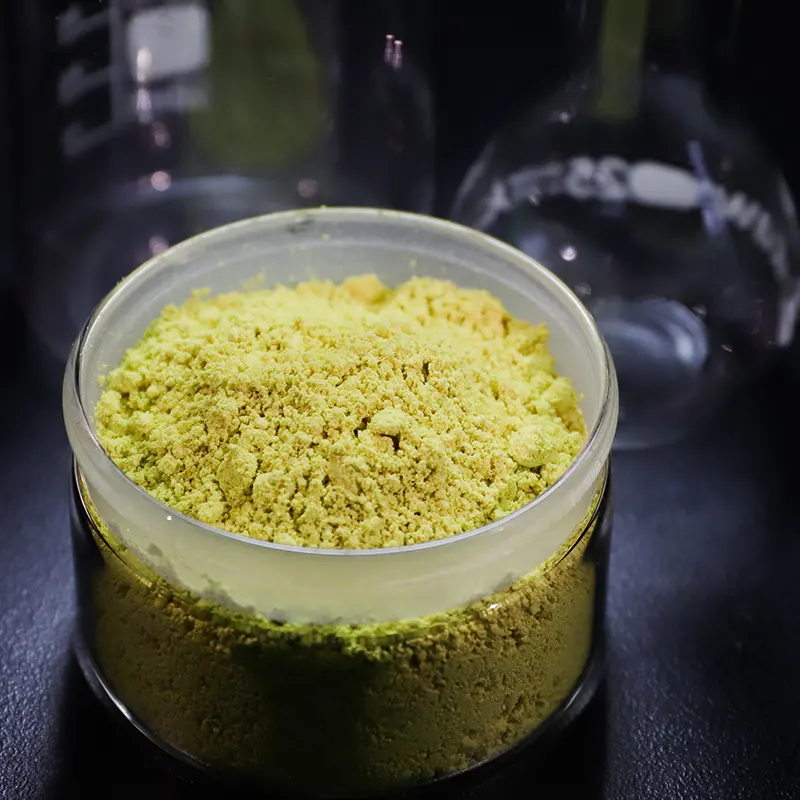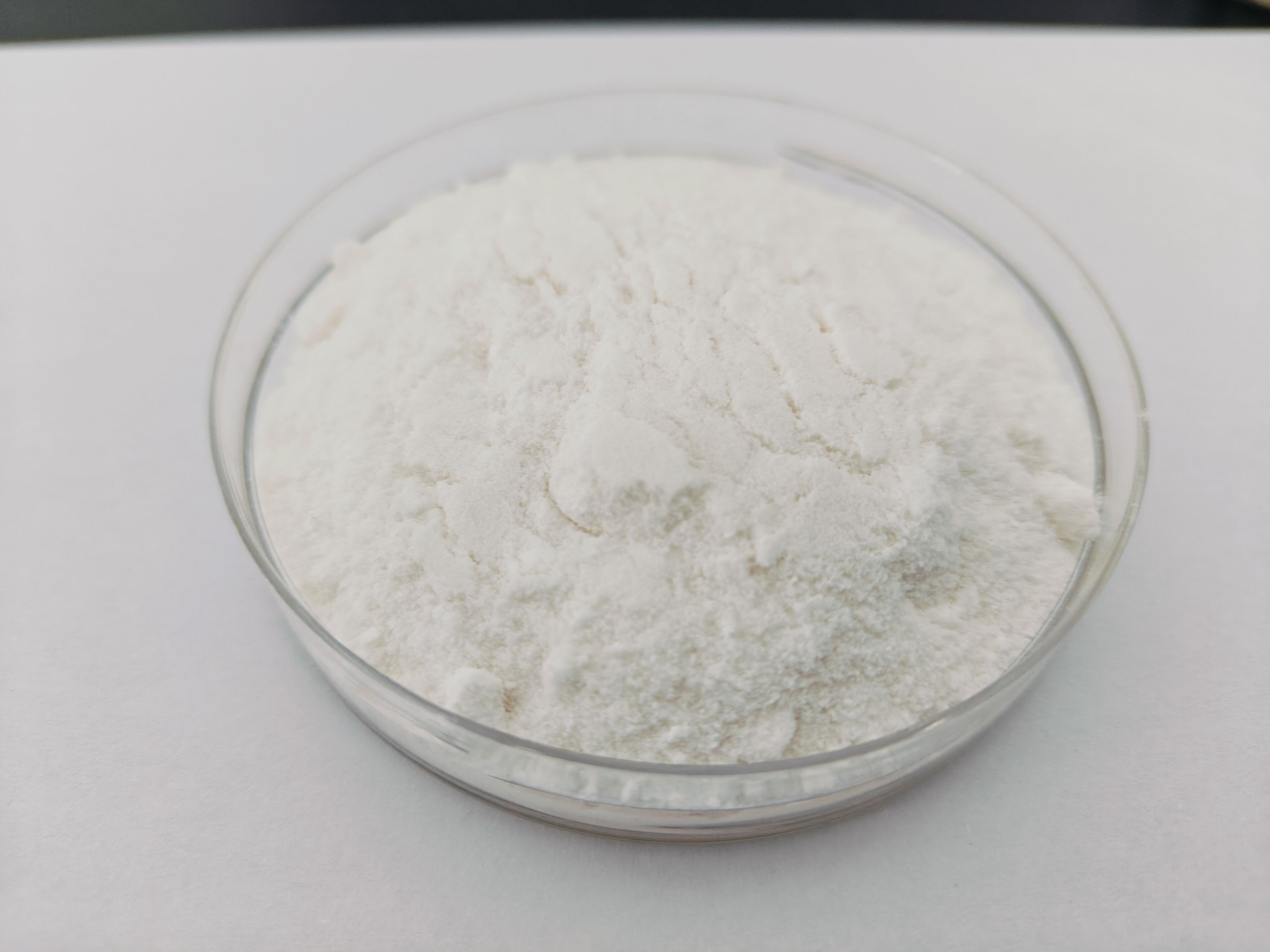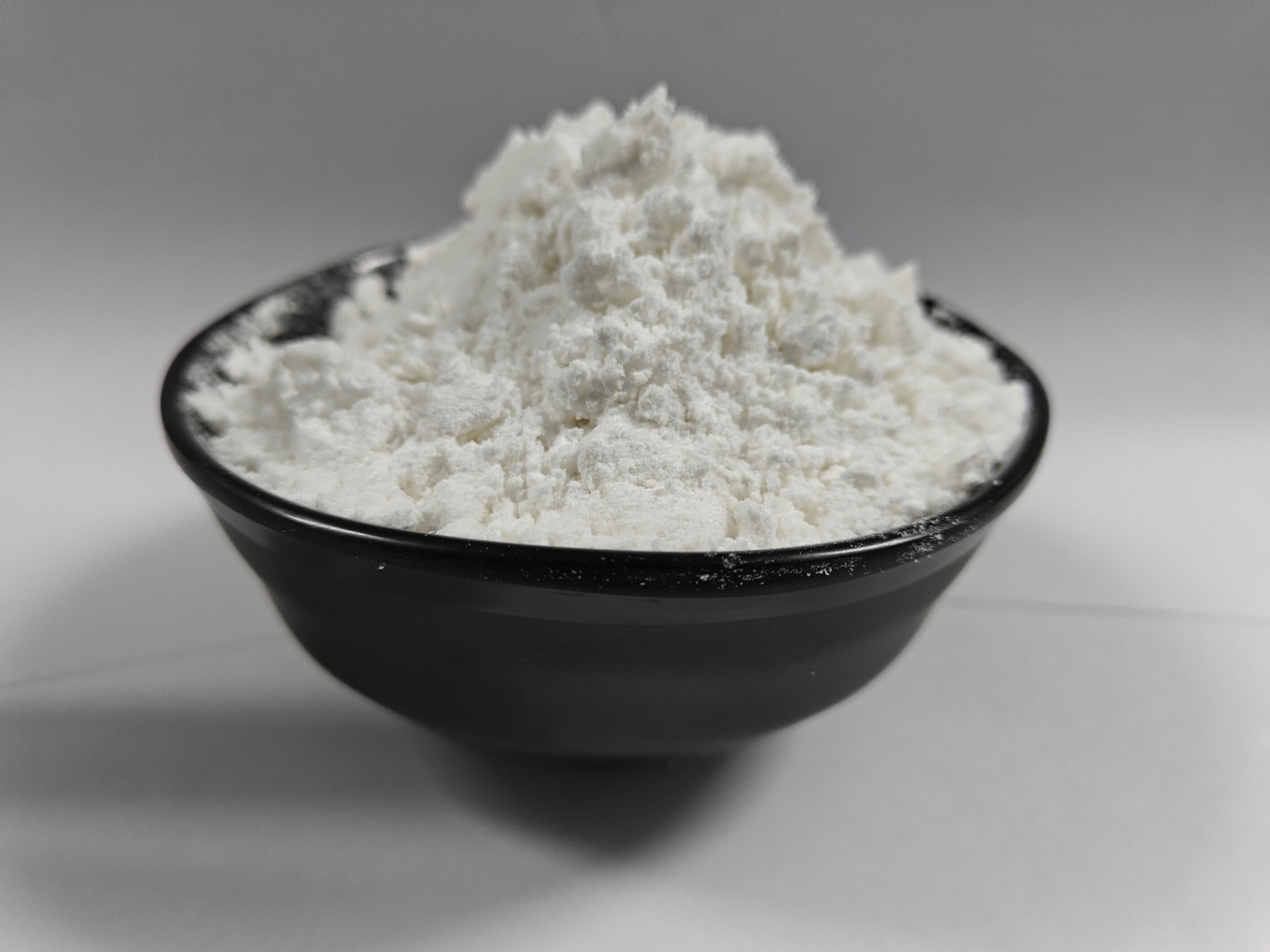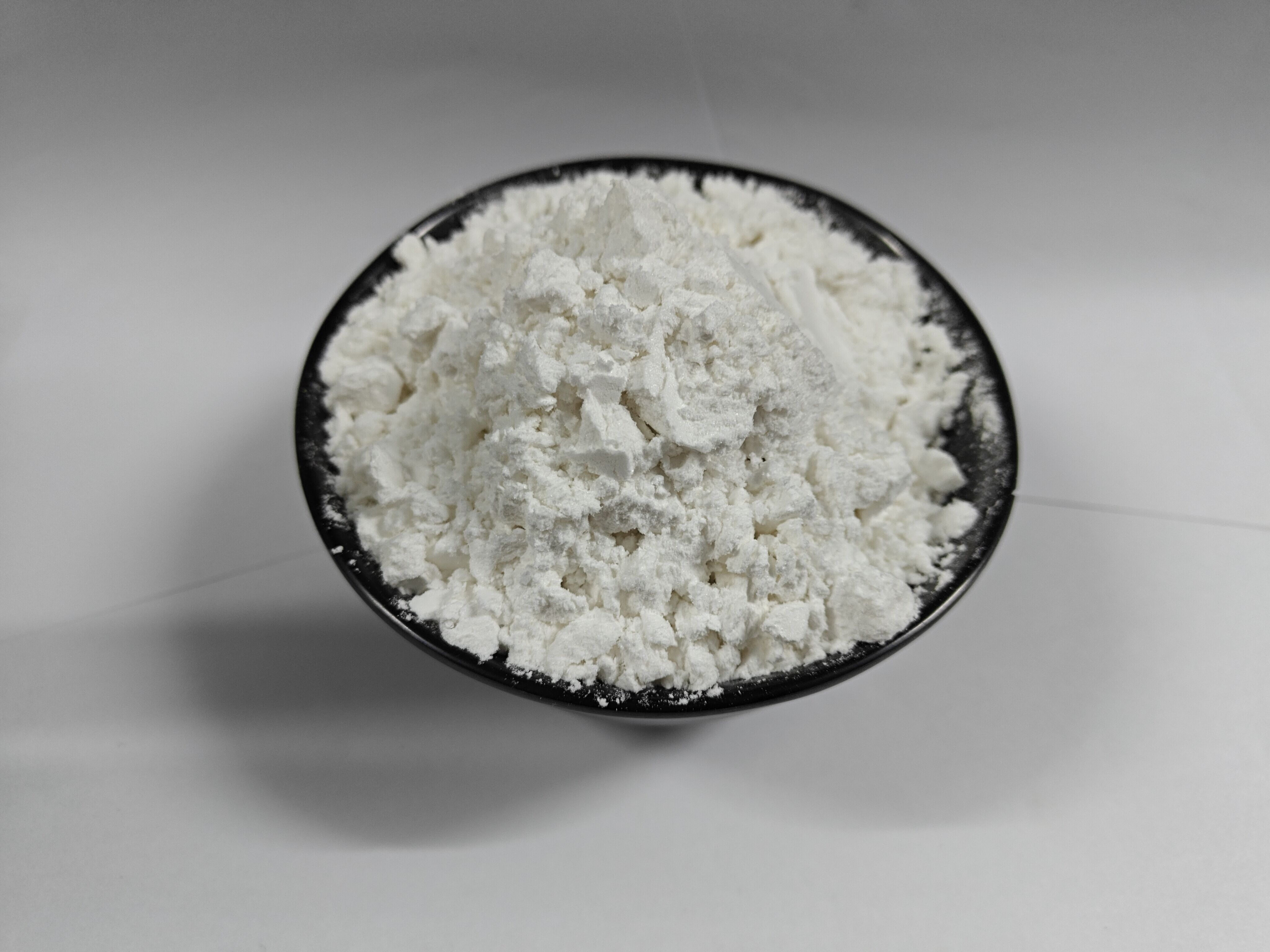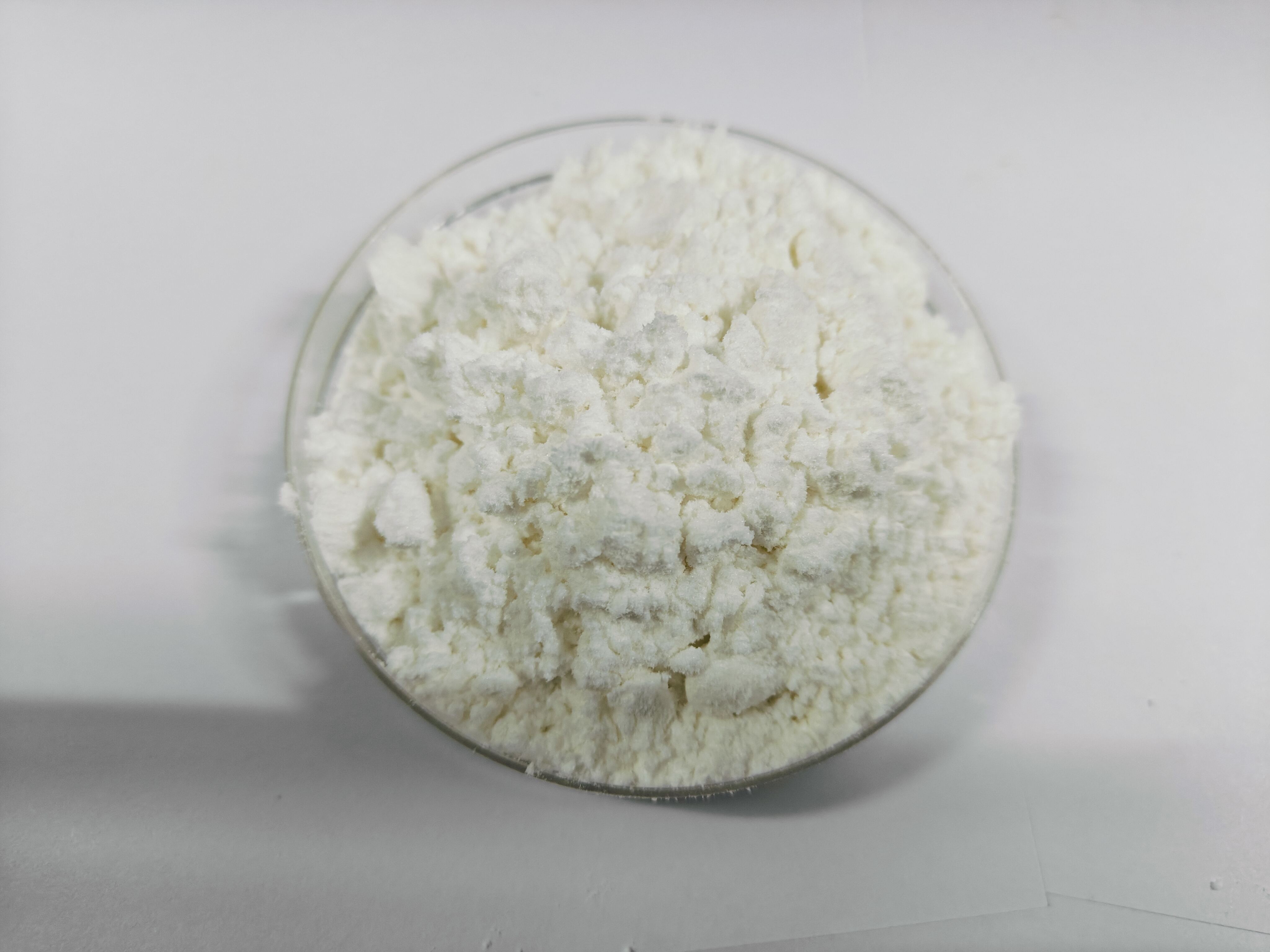ang nncarbonyldiimidazole
Ang N,N'-Carbonyldiimidazole (CDI) ay isang maraming-lahat na kemikal na reagent na malawakang ginagamit sa organikong sintesis at paggawa ng parmasyutiko. Ang puting kristal na solidong ito ay nagsisilbing epektibong ahente ng pag-coupling para sa pagbuo ng mga amide, ester, at iba pang mahalagang mga binding sa kemikal. Ang CDI ay gumagana sa pamamagitan ng pag-activate ng mga carboxylic acid sa pamamagitan ng pagbuo ng mga mataas na reaktibo na mga intermediate, na nagpapahintulot ng malambot na mga reaksyon sa pag-coupling sa ilalim ng magaan na kondisyon. Ang natatanging istraktura ng compound ay nagtatampok ng dalawang imidazole ring na konektado ng isang carbonyl group, na nagbibigay ng karakteristikong profile ng reaktibilidad nito. Sa laboratoryo at pang-industriya, ang CDI ay nag-aalok ng makabuluhang mga pakinabang kumpara sa mga tradisyunal na reagent ng coupling, kabilang ang katatagan nito sa tuyong kondisyon, kadalian ng paghawak, at ang pagbuo ng mga medyo walang-kasamang mga byproduct (lalo na imidazole at carbon dioxide Ang reagent ay nagpapakita ng natatanging kakayahang magamit sa iba't ibang mga sintetikong pagbabagong-anyo, na ginagawang lalo itong mahalaga sa sintesis ng peptide, kimika ng polymer, at produksyon ng mga intermediate sa parmasyutiko.

